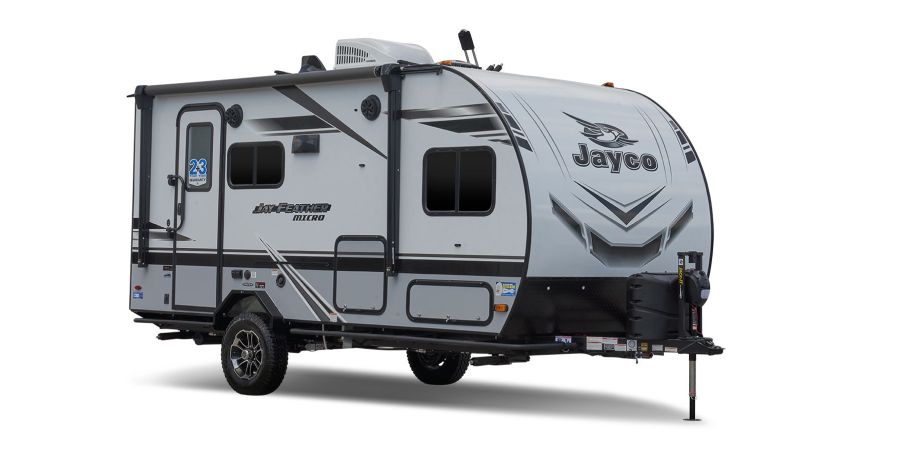
The 10-Year RV Rule Can Spoil Your Vacation Plans
There are many campgrounds across the country that allow a person to wheel up in their RV. But, not all campgrounds are the same. Some are pickier than others on who they let in. For example, some campgrounds have a ten-year rule. Not knowing this ahead of time can ruin vacation plans.
What is the 10-year rule?

The ten-year rule is a limitation that some campground owners have placed on the age of the RV that is permitted to enter the location. For example, suppose the vehicle registration is older than the most recent ten years. In that case, the campground owner can deny a place to park, even if there are open spaces.
Reasons for the 10 year RV rule
The ten-year rule may sound like an arbitrary and stupid rule, but there are often reasons behind it. Some of the reasons have to do with the potential for lost revenue or local fines, the ease of legal recourse, and safety. We will hit each of those four reasons below.
Lost revenue or local fines
Suppose a person has a nice site picked out and has set up. Then, late in the night, an old, leaky, rusty RV pulls up and sets up next door for a week. Some people would think, the more the merrier. However, others would be put off and go to the owner to voice their displeasure. Unhappy customers often seek out partial or total refunds to keep them happy. That lost revenue is less likely to come from an RV that is less than ten years old.
Leaking fluids are a hazard to the environment. Depending on the locality, they are also the cause for owners to be fined by the municipality. After a trailer pulls out, no owner wants to find multiple puddles in the empty space the trailer pulled out of. It means they have to clean up before the code enforcement officer shows up. This is not a reference to motor oil solely. Remember, RVs can have black water tanks that can leak as well.
Legal recourse for RVs older than 10 years
Legal recourse is another reason a campground may place a ten-year rule on RVs. It is not unheard of for someone to check-in to a campground and stay long term. But, there are also odd times that people have checked-in and then refused to leave. Some states may give squatters more rights than others. However, suppose there is a ten-year rule and the resident’s vehicle has surpassed it. In that case, there is legal recourse for the campground to remove the vehicle.
Safety on a 10-year old RV

Any vehicle can be maintained well. However, what often happens is that the older a vehicle gets, the less people care about it. So, a rusty rear bumper that looks like swiss cheese may not garner the attention of the owner anymore. But, then some little kid riding his bike gets a little too close going around the corner and hurts himself on that bumper. Then, all of a sudden the owner is regretting not getting that bumper fixed. Whether it is a bumper, faulty wiring, a dangling part,… they are all found with more frequency on older vehicles. Hence, some campgrounds have placed the ten-year rule to try and limit those circumstances.
Nobody wants to plan a vacation only to be surprised when they get there with a limitation that precludes them from staying where they want. Wheeling around in your RV to a vacation spot should be a fun-filled experience. So, if the household’s camper is more than ten years old, it might be a good idea to call the campground ahead of time to make sure the family can actually stay there in the RV. That way, the fun-filled vacation can actually be fun-filled and not filled with heartache.


